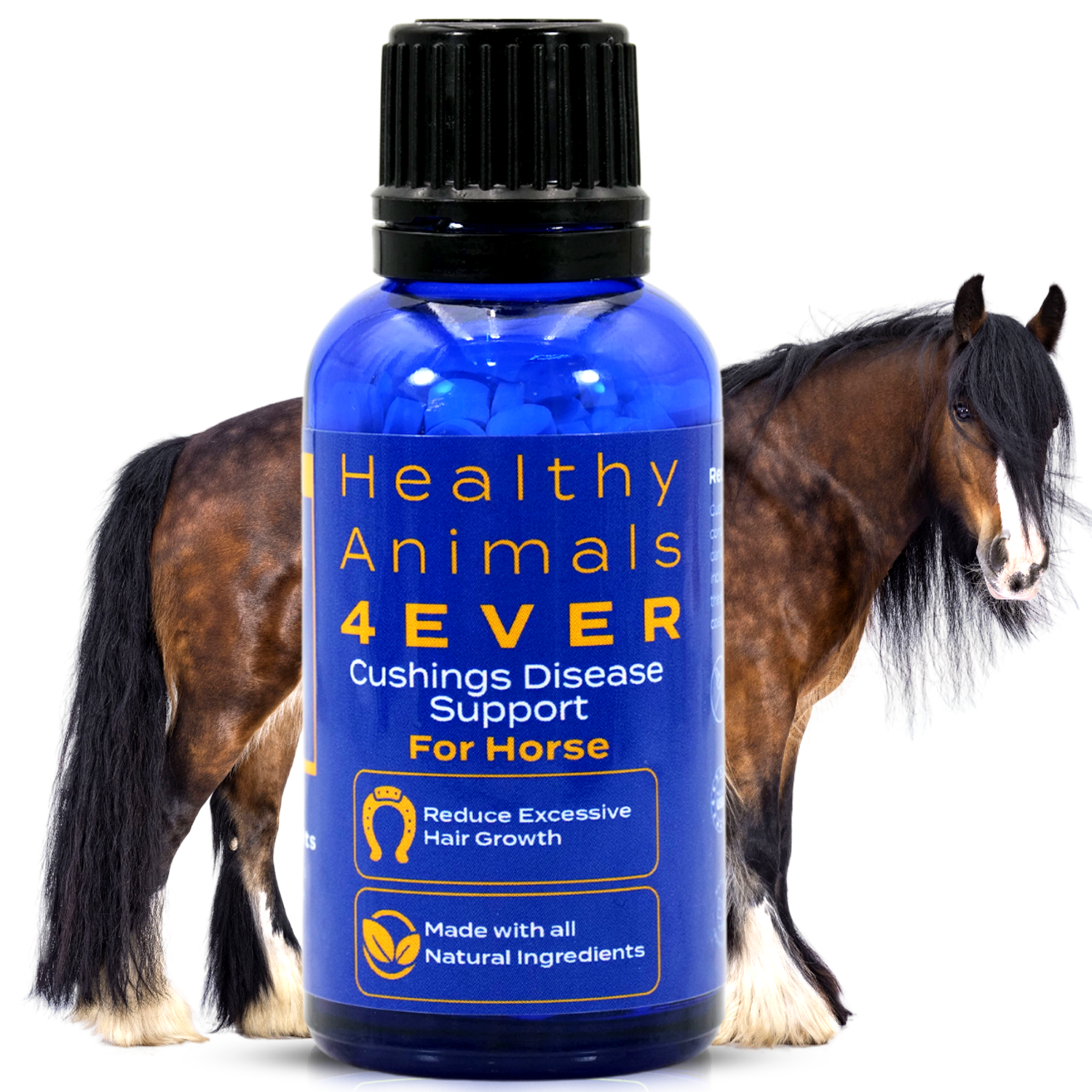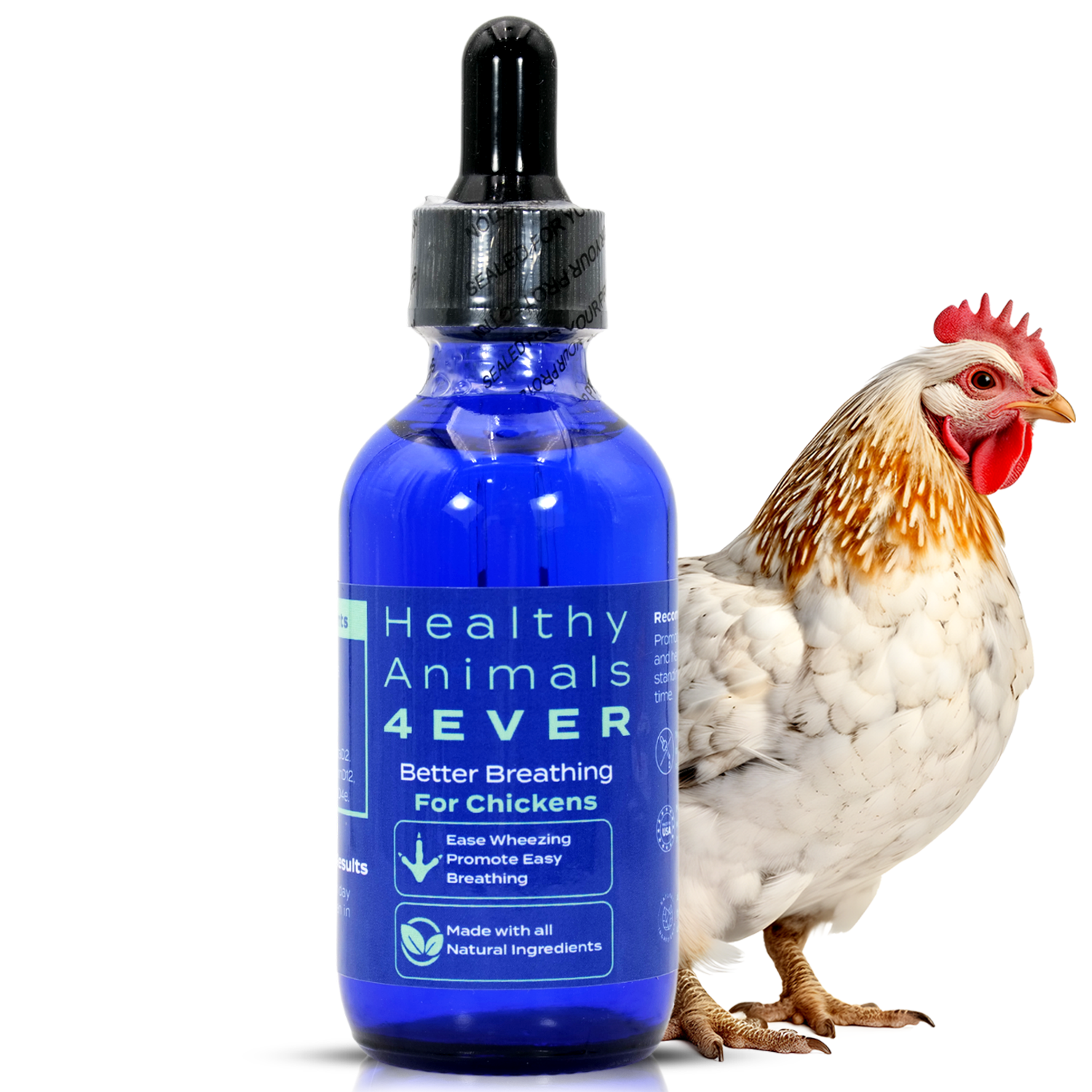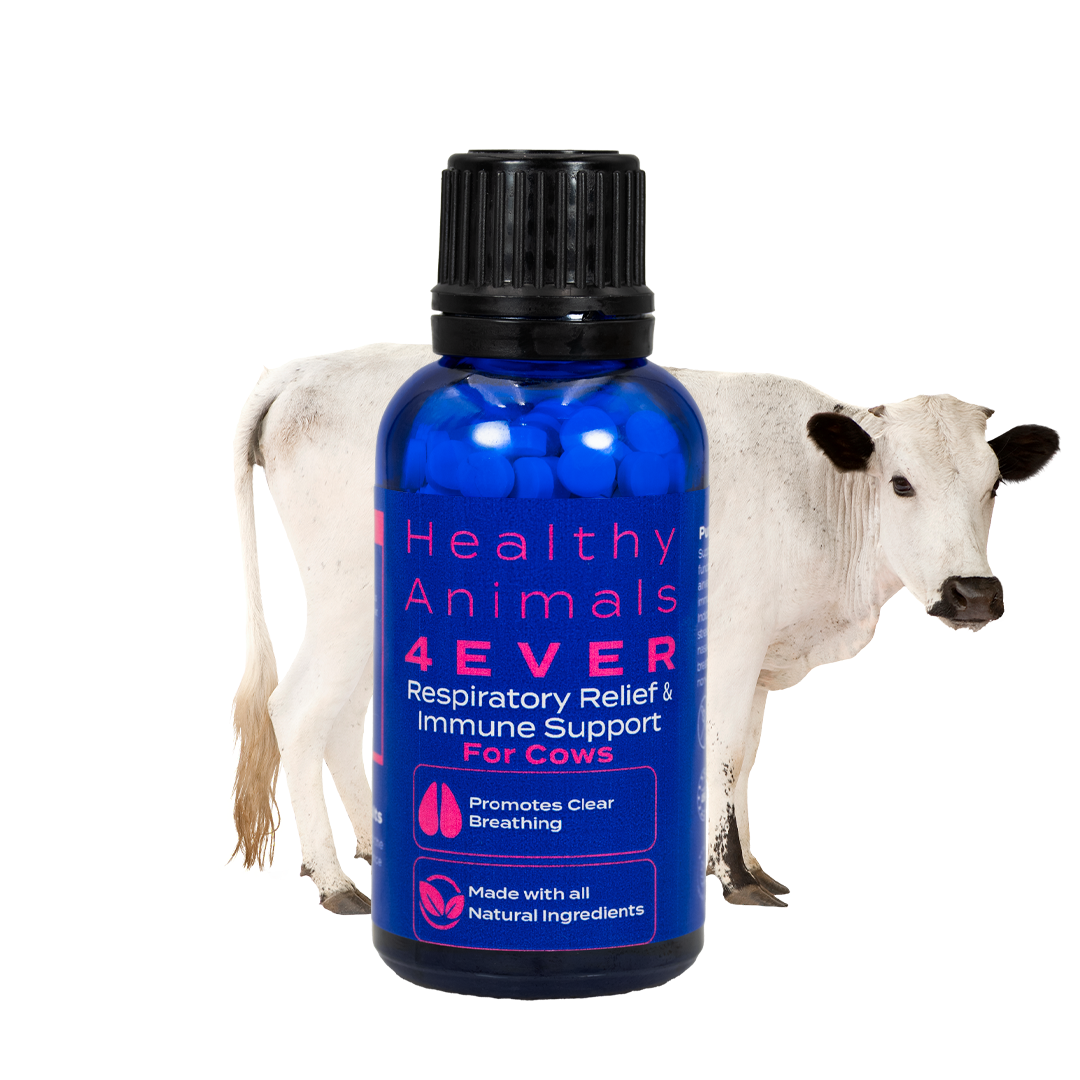How to Prepare Your Chickens for Winter: Essential Tips for a Healthy Flock
As the weather cools in the fall, it’s a good time to think about preparing your chickens for winter, boosting their immunity to help them stay healthy through the season. When the temperature drops, chickens use more energy to keep warm, sometimes leaving them more vulnerable to getting sick. There are a few things you can do to help them build up their defenses before winter hits.

Importance of a Healthy Diet
One of the first things you can do is focus on their diet. Chickens need extra nutrition in colder months to stay strong, so offering a high-quality feed with the right balance of vitamins and minerals is important. Adding a bit of extra protein to their diet in the fall can help them maintain their energy and stay in good condition.
First, ensure they’re on a balanced feed that meets their nutritional needs. During the fall, they might start molting (losing their feathers), which can be stressful on their bodies and make them more vulnerable to illness. A feed high in protein is super important during molting because it helps them grow new feathers and keeps their bodies strong. Depending on your flock, look for feeds labeled for layers or growers, and make sure it has a good amount of protein. You can also give them a little extra protein in the form of treats like mealworms, black soldier fly larvae, or even some scrambled eggs. Don’t give too many treats — they should still get most of their nutrients from their regular feed.
Along with protein, vitamins and minerals are vital to boosting their immune system. Leafy greens like spinach, kale, and even chopped-up cabbage are full of good vitamins like A, C, and E, which help keep their immune system strong. You can also toss in some herbs like oregano and thyme, which have natural antibacterial and antiviral properties.
Apple cider vinegar is another excellent addition to their diet. A small splash in their water once or twice a week can improve digestion and help maintain a healthy gut, a big part of overall immunity. A healthy gut helps them absorb all the nutrients from their food more effectively, ensuring they get the most out of what they eat. Just be careful not to add too much — about a tablespoon per gallon of water is plenty.
Nutritional deficiency for chickens supplement provides natural support for nutritional deficiency. It was designed for optimal digestion and nutrient absorption, and it promotes overall strength and vitality.
Garlic is also worth mentioning. It’s a natural immune booster and can help fight off bacteria. You can occasionally chop up a clove or two and mix it into their feed. Some people swear by putting garlic in the water, but keep the water clean and fresh if you do this, as garlic can make the water a bit cloudy.
During the fall, as the weather cools down, chickens are more likely to forage less and stay closer to their coop, so you may want to consider giving them a vitamin supplement in their water, especially if they’re not getting as much variety from free-ranging. These supplements are an easy way to ensure they get extra vitamins and minerals to stay strong.
Lastly, make sure they always have access to fresh, clean water. It might seem simple, but hydration is a big part of keeping their immune system in check. They might drink less when it gets colder, so keep an eye on them and ensure the water isn’t freezing or getting too dirty. Adding a water heater or regularly breaking the ice in their water can make sure they’re getting enough to drink.
Good ventilation
Keeping your chicken coop clean and well-ventilated in the fall is one of the best things you can do to prepare your chickens for winter. As the weather cools down, chickens tend to spend more time in the coop, so keeping things fresh and comfortable becomes even more important.
First off, cleaning the coop regularly is key. In the fall, there’s often more moisture in the air, and that dampness can lead to mold, bacteria, and ammonia buildup from the chickens’ droppings. The last thing you want is for your chickens to breathe in all that nasty stuff, especially when they spend more time indoors. Regularly scooping out droppings and replacing soiled bedding will help keep things clean and dry. You might also want to do a deep clean in the fall, scrubbing down the walls, nesting boxes, and roosting bars to eliminate any built-up grime before winter sets in.
Choosing the right bedding for the colder months can also make a big difference. Straw and wood shavings are good options, but they must stay dry. Wet bedding is a breeding ground for bacteria, and it’ll also make the coop colder. So, keep an eye on the bedding and replace it if it gets damp or dirty. Some people use the deep litter method, which involves adding fresh layers of bedding on top of the old stuff throughout the fall and winter. Over time, it starts to compost, giving off a bit of warmth, which can help keep the coop cozy. Just turn it on regularly and keep it from getting too wet.

Ventilation is another significant factor to consider. It’s tempting to close everything up tight when the weather gets chilly, but chickens need good airflow to stay healthy. A coop that is too closed-off traps moisture and ammonia inside, leading to respiratory issues and frostbite, especially on their combs and wattles. Even in cold weather, you need some vents open to let fresh air circulate and let out moisture and fumes. The trick is to have ventilation up high, above where the chickens roost, so they aren’t sitting in a draft, but the air still moves through the coop.
An excellent way to test if your ventilation is working is by going inside the coop on a cold morning. If you can smell ammonia or it feels damp, you probably need to add more airflow. Ensure the vents aren’t creating a breeze where the chickens sleep, as drafts can chill them at night. If you don’t have proper ventilation, add some small windows or adjustable vents that can stay partially open, even in winter.
As you prepare the coop for the colder months, check for any leaks or drafts from the walls or roof. Rain or snow can get inside and dampen the coop, so patch up any holes. Consider adding some weatherproofing if needed. At the same time, leaving windows or small vents open is good as long as they’re protected from rain and snow blowing in.
Better breathing for chickens supplement promotes easy breathing by minimizing respiratory discomfort and wheezing.
Reducing stress
Another way to help your chickens prepare for winter is by making sure they’re not stressed out. Stress can weaken their immune system, making them more prone to illness. Keep their living space calm and cozy, and ensure they have enough space to move around. If you need to add new chickens to the flock, try to do it slowly to avoid upsetting the pecking order too much.
One of the best ways to reduce stress is to keep things consistent in their environment. Chickens thrive on routine, so try to keep feeding and watering times the same every day. Sudden changes, like switching their coop or moving them around too much, can throw them off and cause stress. If you need to make any adjustments, do it gradually so they have time to adjust.
Making sure they have plenty of space is another key factor. Crowded conditions can lead to pecking and fighting, especially if they spend more time inside the coop to stay warm. You’ll want to check that they’ve got enough room to move around without feeling cramped, and if possible, give them access to an outdoor area where they can still scratch around and stretch their legs.
Chickens also need a clean, comfortable living space to feel safe and secure. Keep their coop clean and dry, with fresh bedding, so they aren’t dealing with dampness or bad smells. A well-ventilated coop helps keep the air fresh and reduces the risk of respiratory issues, which can add to their stress if they feel unwell. Ensure there’s no draft, especially at night, so they stay cozy without cold air sneaking in.
Good nutrition is another way to help them handle stress. During fall, as the temperature drops, they need more energy to stay warm, so providing high-quality feed with enough protein and nutrients is essential. Adding treats like cracked corn in the evening can help them generate extra body heat overnight. Just ensure treats are a small part of their diet and don’t replace their regular feed.

Chickens also benefit from having little distractions to keep them busy and engaged. Something as simple as hanging a treat or scattering some scratch grain around their pen gives them something to do, which helps keep them from getting bored or anxious. Boredom can lead to harmful behaviors like feather picking, so keeping their minds occupied is a great way to prevent stress.
You can add calming herbs like lavender or chamomile to their nesting boxes or around the coop. The scent of these herbs can help them feel more at ease, and it’s a simple, natural way to create a peaceful environment for your flock.
Lastly, try to minimize handling your chickens too much during fall unless it’s necessary for health checks or care. While some chickens don’t mind being picked up, others can find it stressful. So, when handling them, be gentle and calm, keeping things low-key.
Holistic Approach to Chicken Care
Taking a holistic approach to chicken care means using natural, gentle methods to support their health and well-being, especially as they prepare for colder months. This isn’t about quick fixes—it’s about focusing on overall wellness.
Egg booster for chickens supplement provides natural stress relief for chickens, promotes stronger eggshells, and boosts egg production.
Herbal Supplements
Herbs like oregano, thyme, and mint can be excellent additions to your chickens’ diet and coop environment. These herbs have natural antibacterial and antiviral properties that help keep your flock healthy. You can mix dried or fresh herbs into their feed or scatter them around the coop and nesting boxes. Not only do they provide a pleasant aroma, but they also help keep the coop clean and pest-free. Lavender is particularly calming and can help reduce stress in your flock, which is especially useful as they adjust to changing weather.
Probiotics for Gut Health
Incorporating probiotics into your chickens' diet can strengthen their immune system, which is crucial for colder months when stress can affect digestion. You can use probiotic powders made for poultry or natural sources like plain yogurt. These probiotics support a healthy gut, helping your chickens handle seasonal changes better.
Mental Stimulation
Shorter days and less outdoor time can lead to boredom and stress. Keep your chickens entertained with natural “toys” like hanging cabbage or bunches of greens in the coop. This not only keeps them active but also provides them with enrichment when they're cooped up due to cold weather.
Natural Sunlight and Vitamin D
Sunlight is essential for vitamin D absorption, especially during winter when daylight is limited. If outdoor access is restricted, ensure your coop has windows for natural light, or consider using a safe heat lamp to add warmth without too much artificial light.
Remedies for Cold-Weather Issues
For common cold-weather concerns like dry or flaky skin, apply coconut oil or a homemade salve on their combs and wattles. If frostbite is a concern, use a protective balm on exposed areas. A bit of extra attention can go a long way in keeping your flock comfortable through the winter.

Homeopathy & Natural Remedies
Homeopathic remedies can be beneficial in supporting your chickens’ immune system, reducing stress, and preventing seasonal illnesses. These gentle treatments work with your chickens’ bodies to maintain balance as the weather changes.
Immune Support with Oregano Oil
Oregano oil acts as a natural antibiotic. Mixing a few drops into their water during fall can help boost their immune system. Since it’s potent, start with small amounts and be consistent rather than using too much at once.
Herbal Remedies for Health and Calm
Herbs like thyme, rosemary, and sage offer antiseptic benefits, support digestion, and create a calming environment. Sprinkling them in the coop or adding them to feed provides a natural health boost. Lavender, known for its calming effects, can also be added to nesting boxes to reduce anxiety.
Respiratory Health with Eucalyptus Oil
Cooler weather can lead to respiratory issues. Eucalyptus oil, when diluted and lightly sprayed around the coop, can help support lung health and keep airways clear. This keeps your chickens breathing easily, even when it’s chilly outside.
Treating Injuries with Arnica
If a chicken experiences stress or minor injuries, arnica is a useful homeopathic remedy for pain or bruising. Dissolve a small dose in water and administer it to help ease their discomfort.
Injuries for chicken supplement was designed for injury care. It promotes natural healing and it is useful in reducing swelling and discomfort.
Remember, consistency with small doses is key in homeopathy. Observe your chickens closely, and if symptoms persist, consult a vet to ensure they’re receiving the necessary care.
By integrating these natural and homeopathic practices into your routine, you can support your flock’s health and resilience, helping them stay strong as they transition into winter.
The Bottom Line
As fall rolls in and winter gets closer, giving your chickens extra care can make a big difference in keeping them healthy through the colder months. Focusing on boosting their immunity with natural strategies, like adjusting their diet, keeping their coop clean and ventilated, and using a few home remedies, can help them stay strong. By staying on top of their needs and providing simple, natural boosts, you’ll have a flock more prepared to face the winter with fewer health issues. It’s all about keeping them comfortable, stress-free, and healthy so they can thrive year-round.













